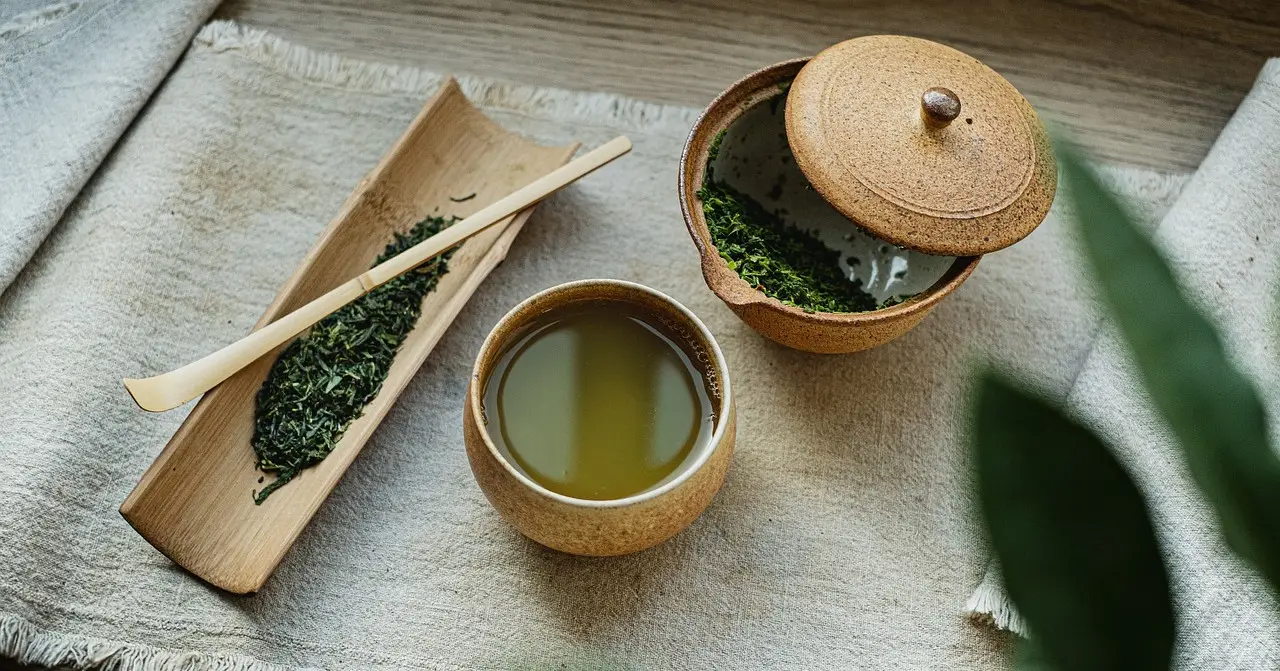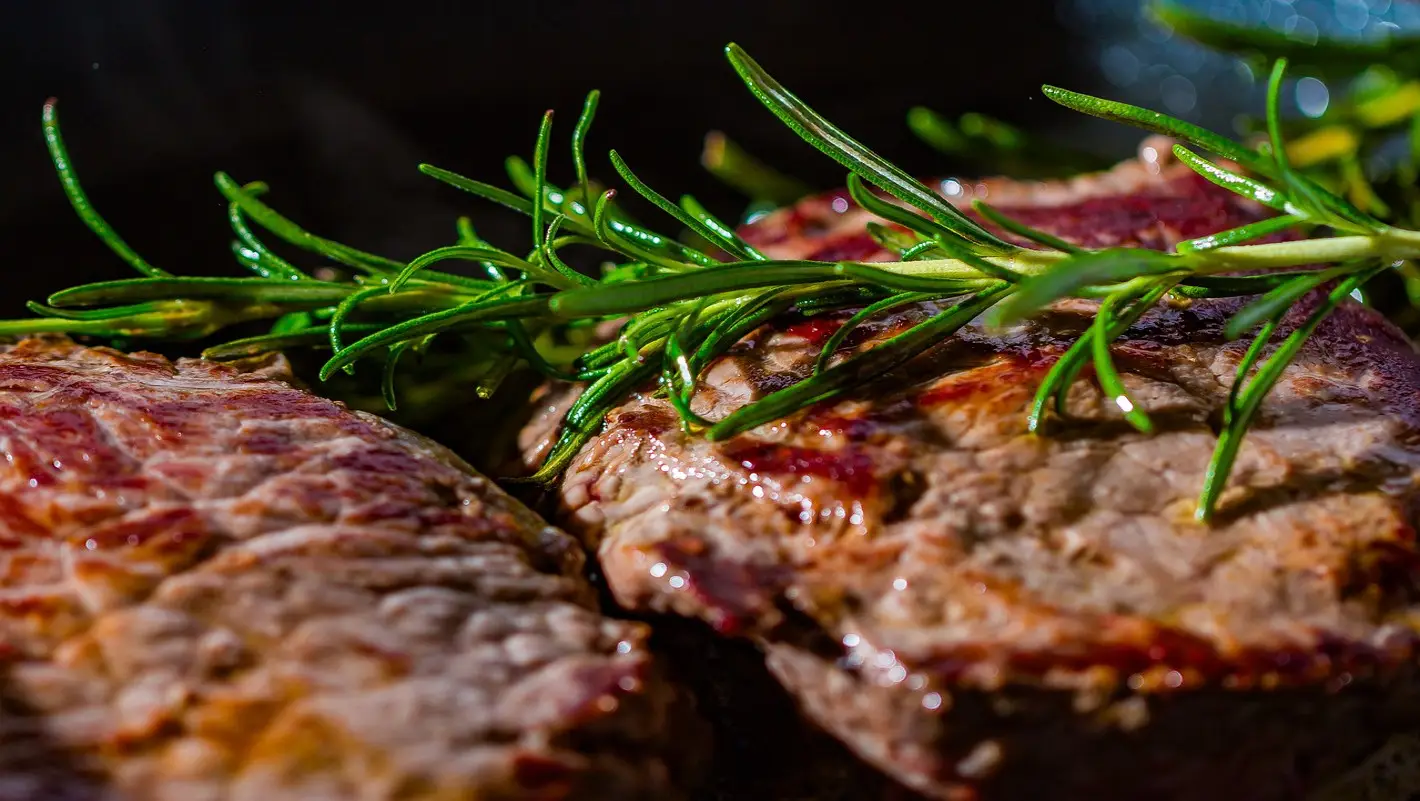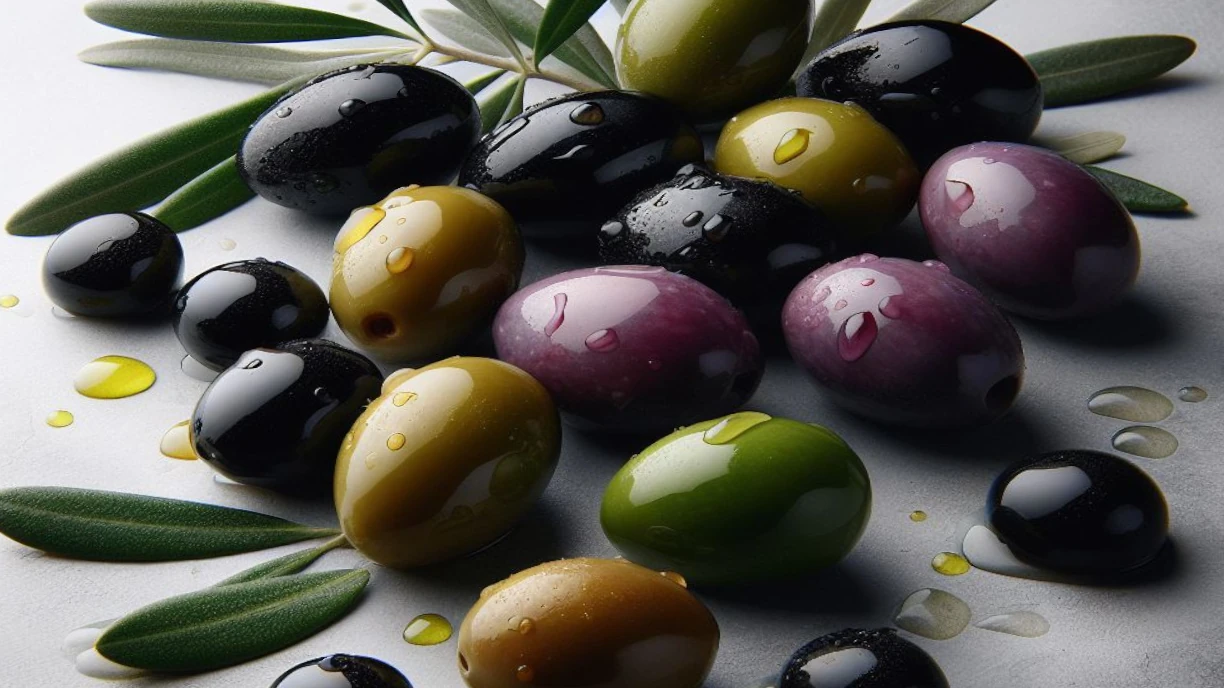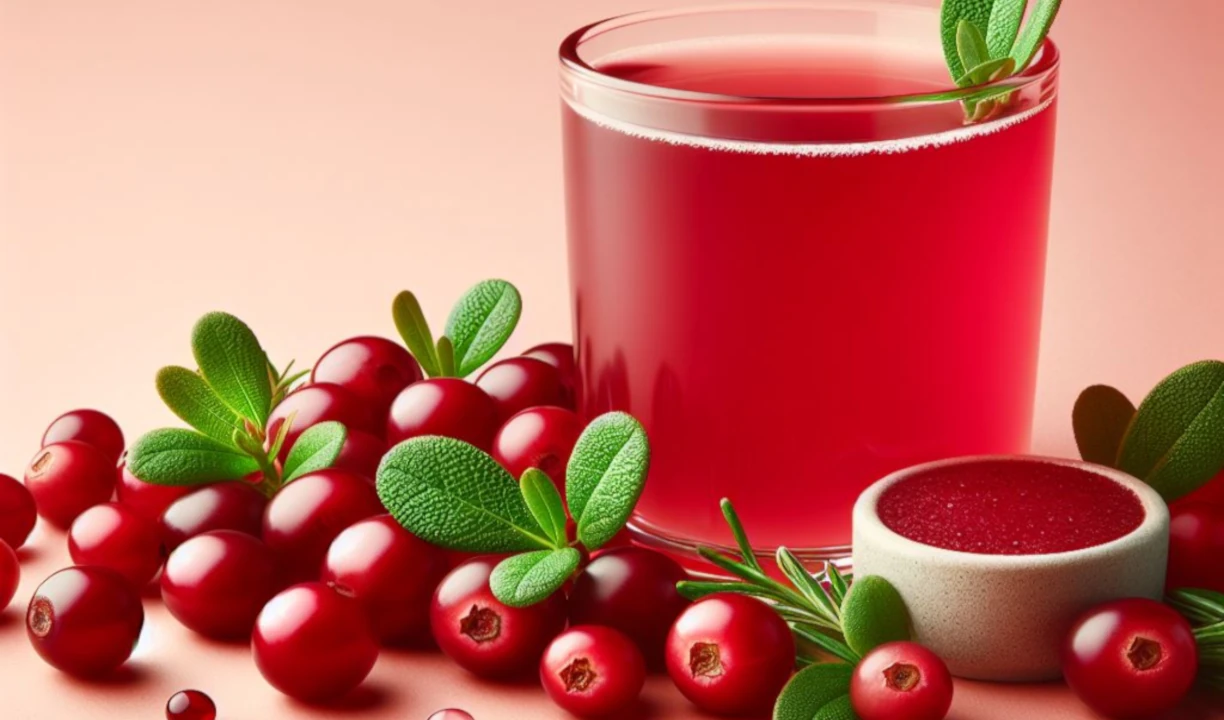Coconut milk Lysine and Arginine Info Sheet
Overview
Coconut milk is a liquid that is extracted from the grated flesh of a coconut.It has a creamy and rich flavor and a thick consistency. It is usually used in curries, soups, and desserts.
Coconut milk is high in calories, fat, and saturated fat, but low in protein and carbohydrates.
It also contains lauric acid, which may have antimicrobial and anti-inflammatory properties.
Coconut milk may help lower cholesterol, improve skin and hair health, and boost immunity.
| Name | Lysine (mg/100g) | Arginine (mg/100g) | Ratio |
|---|---|---|---|
| Coconut milk | 100mg | 374mg | 0.27 |
Coconut milk contains 100mg of Lysine and 374mg of Arginine per 100g of product.
This means Coconut milk has a low Lysine-Arginine ratio of 0.27.
Because Coconut milk contains much higher levels of arginine than lysine, limiting its consumption is recommended by people who suffer from herpes, as it may trigger outbreaks.
Lysine Considerations
Coconut milk is not a good source of lysine, as it only provides 100 mg of lysine per 100 g of food.
Lysine is an essential amino acid that is important for protein synthesis, collagen formation, and calcium absorption.
Lysine deficiency may cause fatigue, anemia, hair loss, and impaired immunity.
It's one of the nine amino acids that the body can't produce, so it must be included in our diet.
Lysine has multiple roles in the body, such as aiding in growth, healing, energy production, immune function, and the production of collagen.
Research indicates that lysine may have an impact on the herpes virus, which is responsible for cold sores and genital sores.
Taking lysine supplements or using lysine cream could potentially prevent or treat these infections by inhibitnig the amino acid arginine, which the virus requires for growth.
Arginine Considerations
Coconut milk is not a good source of arginine, as it only provides 374 mg of arginine per 100 g of food.
Arginine is a semi-essential amino acid that is involved in nitric oxide production, wound healing, and immune function.
Arginine may help improve blood flow, lower blood pressure, and enhance exercise performance.
Arginine has multiple functions in the body, including wound healing, helping the kidneys remove waste products from the body, and maintaining immune and hormone function.
Arginine also plays a role in the replication of the herpes virus, making it a key factor in cold sore outbreaks.
The herpes virus requires arginine to grow, replicate, and create new herpes viruses.
Foods rich in arginine, such as nuts and chocolate, may increase the frequency and severity of these outbreaks.
Lysine-Arginine Ratio
Coconut milk has a very low lysine-arginine ratio of 0.27, which means that it has much more arginine than lysine.
This may not be ideal for people who have herpes simplex virus (HSV) infections, as arginine may trigger or worsen outbreaks.
Lysine, on the other hand, may help prevent or reduce the severity of HSV infections.
Therefore, people with HSV may want to avoid or limit their intake of coconut milk and increase their intake of lysine-rich foods.
The herpes simplex virus, which causes oral and genital herpes, needs arginine to multiply and infect cells.
Lysine, on the other hand, can interfere with the absorption of arginine in the intestine, and thus limit the availability of arginine for the virus.
By eating a diet higher in lysine than arginine, one may be able to prevent or treat herpes flare-ups.
Foods that have a high lysine-arginine ratio include milk, cheese and yogurt, fish, poultry, fruits, and vegetables.
These foods can supply the body with sufficient lysine to compete with arginine and inhibit the virus from replicating and causing outbreaks.
Dietary Considerations
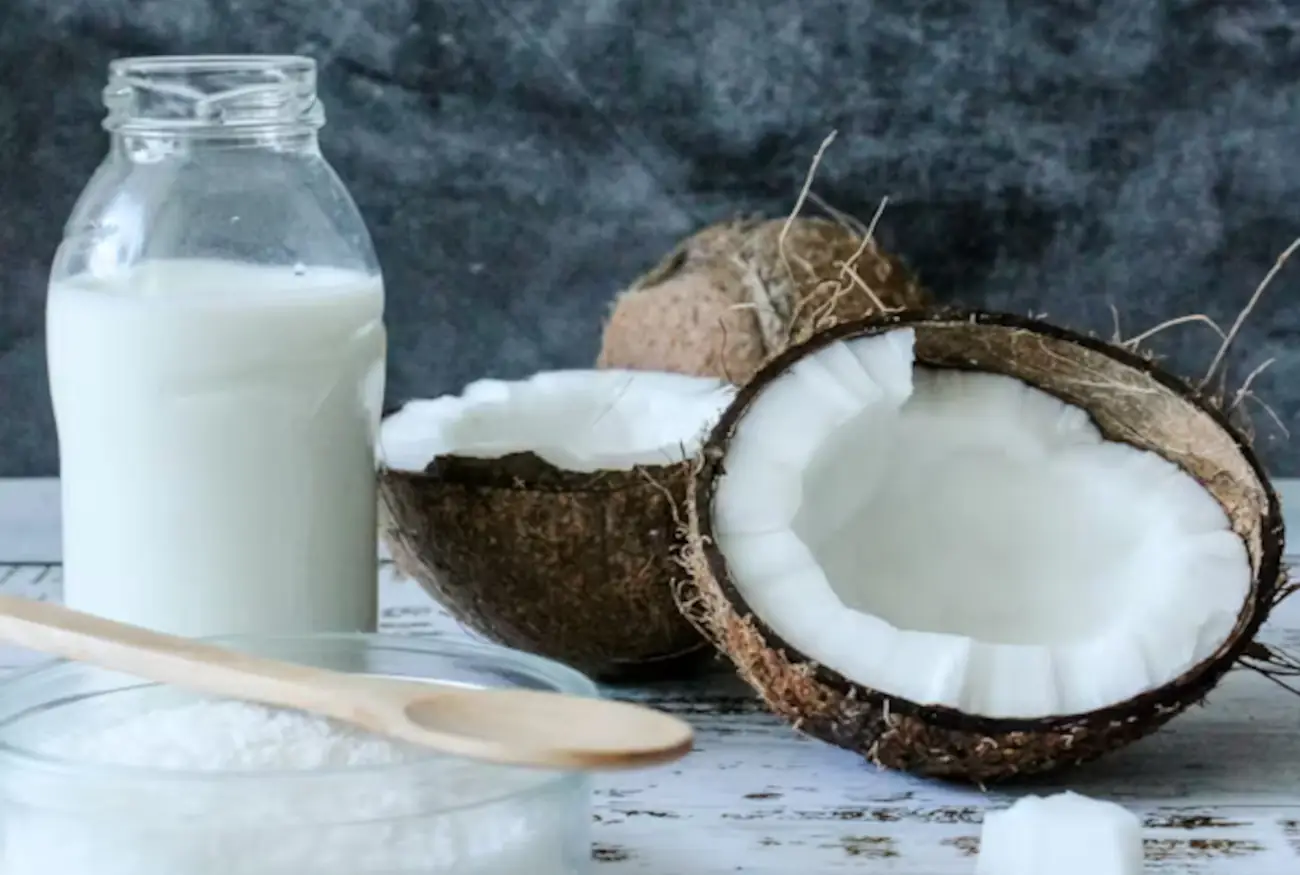
For example:
A well-balanced and healthy diet that strengthens your immune system and lowers inflammation is important.
This means you should eat a lot of fruits, vegetables, whole grains, lean protein, and good fats, and avoid processed foods, added sugars, alcohol, and caffeine.
Drinking enough water to keep yourself hydrated and remove toxins from your body.
Water can also help prevent dryness and irritation of the skin and mucous membranes, which can result in fewer outbreaks.
You may want to take l-lysine supplements.
L-lysine is known to prevent herpes outbreaks and it can help stop a cold sore in its initial stages by "starving" the virus of arginine before it has a chance to cause a cold sore.
Other food supplements, such as vitamin C, zinc, selenium, and antioxidants, can help you boost your immunity and protect your cells from oxidative stress.
Avoiding foods that can cause allergic reactions or sensitivities, such as gluten, dairy, nuts, eggs, or shellfish.
These foods can trigger inflammation and weaken your immune system, making you more susceptible to outbreaks.
Eating foods that can soothe your symptoms and speed up your healing process, such as honey, yogurt, aloe vera, and chamomile.
These foods have anti-inflammatory, antiviral, and antibacterial properties that can reduce pain, swelling, and itching, and promote tissue repair.
Check more food information
